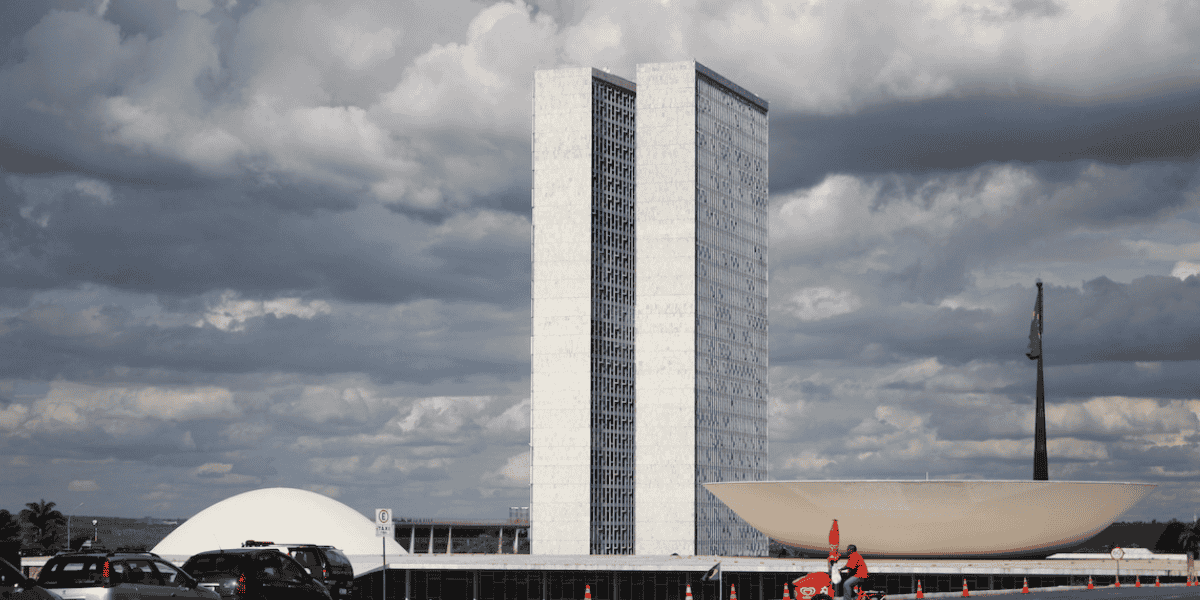On 16 November 2020, the Internal Revenue Service (IRS) announced that IRS and Mexico’s Servicio de Administración Tributaria (“SAT”) have agreed to renew the Qualified Maquiladora Approach Agreement (“QMA”), a coordination arrangement most recently agreed to between the U.S. and Mexican competent authorities in 2016. The QMA allows a U.S. taxpayer to avoid double taxation on the contract manufacturing and assembly functions performed by its maquiladora if the Mexican taxpayer enters into a unilateral advance pricing agreement (“APA”) with the Large Taxpayer Division (Administración General de Grandes Contribuyentes) of SAT under terms negotiated in advance between the competent authorities.
The renewal agreement culminated from lengthy collaborations between the U.S. and Mexican competent authorities addressing SAT’s inventory of unilateral APA requests involving maquiladoras. Over 700 U.S. taxpayers with maquiladoras are expected to qualify for the application of this agreement, thus strengthening ties between the IRS and SAT and providing certainty to hundreds of multinational groups.
In 1999, the U.S. and Mexican competent authorities reached an agreement on transfer pricing and other aspects of the tax treatment of maquiladoras of U.S. multinational enterprises. The 2016 QMA updated and expanded the 1999 agreement to reflect revisions to Mexican domestic transfer pricing rules, documentation requirements, and other tax attributes of maquiladoras. The renewal agreement maintains the core elements of the 2016 QMA’s transfer pricing framework, which the competent authorities have agreed continues to produce arm’s length results.
This renewal agreement also has several important additional features. Since there are situations in which the maquiladora has an outstanding accounts receivable balance that the competent authorities agree is inconsistent with the transfer pricing profile of the Mexican entity, a mechanism for addressing such situations was included. In addition to providing certainty for tax years through 2019, the agreement also commits the competent authorities to commence work on another renewal of the QMA to cover tax year 2020 and beyond and to take into account in those discussions the impacts of current economic, commercial, and public health conditions affecting taxpayers and workstreams within OECD’s Working Party 6 and FTA MAP Forum regarding the same.
Taxpayers may also inquire with the Advance Pricing and Mutual Agreement program (“APMA”) regarding whether the QMA is appropriate for its facts and circumstances or whether a bilateral APA between the United States and Mexico might be more suitable.
SAT will directly notify qualifying Mexican taxpayers. Notifications will include details on the steps a taxpayer must take with their pending unilateral APA requests.
















